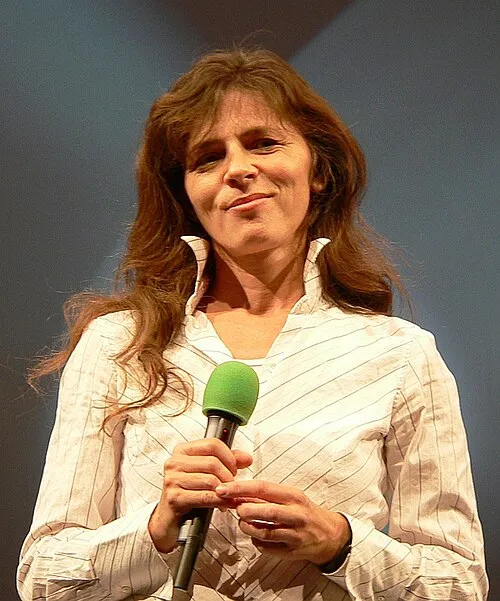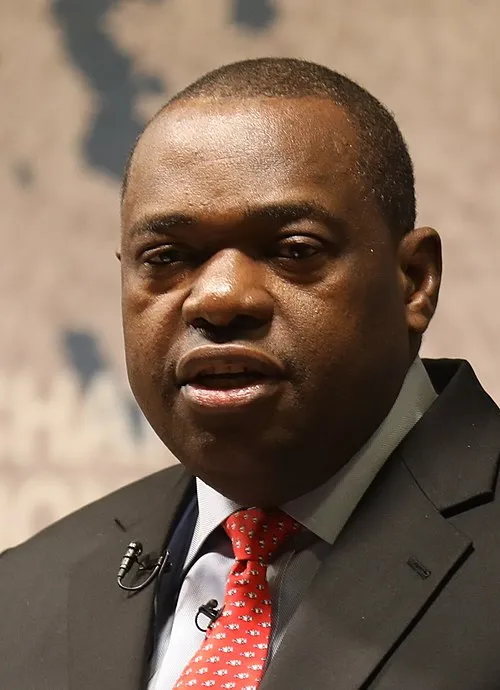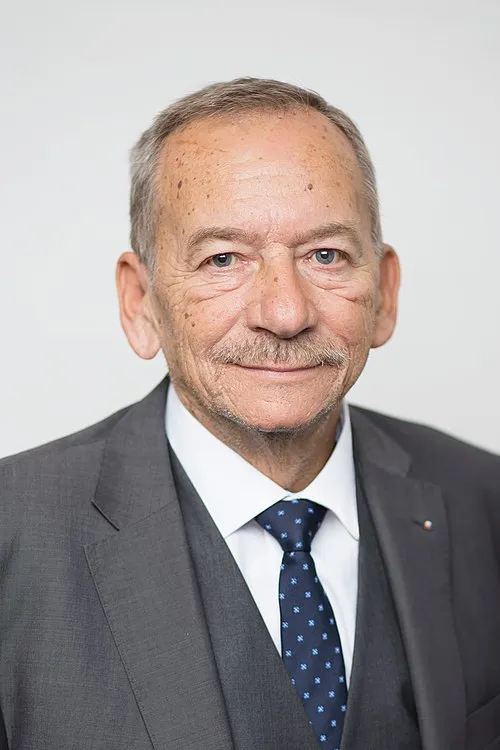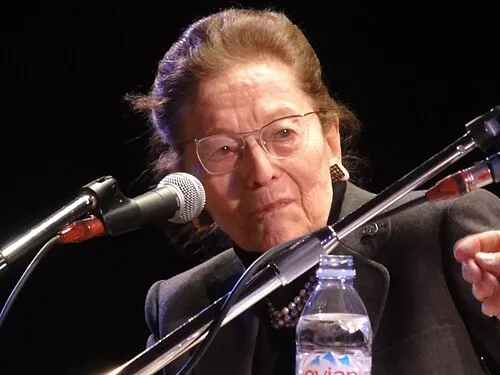In 2021, Joe Biden was inaugurated as the 46th President of the United States at the age of 78, making history as the oldest person to assume the presidency. Alongside him, Kamala Harris made her own historic mark by becoming the first female Vice President of the United States. This landmark inauguration signifies a transformative moment in American politics and leadership.
On January 20
15
Important Days
45
Important Events
305
Births and Deaths
recorded.
Holidays and Occasions
Events
Births and Deaths

Understanding Armed Forces Day in Mali: A Tribute to National Defense
Armed Forces Day, recognized in Mali, is a significant occasion that honors the dedication and sacrifice of the country's military personnel. This day is not only a tribute to the armed forces but also a reminder of the importance of national security and the contributions of all those who serve to protect Mali's sovereignty...

Army Day in Laos: Celebrating National Pride and History
In the heart of Southeast Asia lies Laos, a country rich in culture and history, with Army Day being one of its most significant national holidays. Celebrated annually on January 20th, Army Day, or 'Lao People's Army Day,' commemorates the founding of the Lao People's Army in 1949...

Heroes' Day in Cape Verde: A Celebration of National Pride
Heroes' Day, or Dia dos Heróis Nacionais, is an important holiday celebrated in Cape Verde, commemorating the sacrifices and contributions of the island nation's heroes throughout history. Observed annually on January 20, this day serves as a reminder of the national identity and pride that resonates within Cape Verdeans, both at home and abroad...

Understanding Martyrs' Day in Azerbaijan: A Commemoration of Sacrifice and Valor
Martyrs' Day, observed annually on January 20th in Azerbaijan, is a solemn occasion dedicated to honoring the brave souls who lost their lives during the tragic events of January 20, 1990, when Soviet troops brutally invaded Baku. This day serves not only as a remembrance of the fallen heroes but also highlights the enduring spirit of the Azerbaijani people in their quest for independence...

Understanding Presidential Inaugurations in the United States
Presidential inaugurations are a pivotal tradition in American politics, symbolizing the peaceful transfer of power and the commencement of a new presidential term. Every four years, after a contentious electoral process, the nation gathers to witness this historic event...

Understanding Abadios: A Comprehensive Guide
Abadios has become a term that resonates within various communities due to its unique significance and multifaceted meanings. In this detailed exploration, we will delve into what Abadios represents, its cultural implications, and where it fits into modern conversation...

Blessed Basil Moreau: A Pioneer of Spiritual Education
Blessed Basil Moreau (1799-1873) was a remarkable figure in the Catholic Church, recognized for his profound commitment to education and religious formation. Born in Laigné-en-Belin, France, he founded the Congregation of Holy Cross, which aimed to foster a holistic approach to teaching that integrated faith with life...

Eustochia Smeralda Calafato: A Legacy of Faith and Service
Eustochia Smeralda Calafato, a name that resonates with devotion and commitment, was a prominent 15th-century figure in the realm of spirituality and community service. Born in 1430 in Palermo, Sicily, she became a symbol of hope and piety during a time of great social turmoil...

Euthymius the Great: A Legacy of Asceticism in Christian Monasticism
Euthymius the Great, a prominent figure in Christian monasticism during the 4th century, is celebrated for his profound influence on the development of ascetic practices and spiritual life in the region of Palestine. This article delves into his life, the impact of his teachings, and the remarkable contributions he made to the monastic community...

Understanding Fabian: A Multifaceted Name and Its Cultural Significance
Fabian is a name that has traversed centuries and cultures, embodying a rich history that spans various domains, from literature to modern society. Whether it's identifying a person, a character in a story, or a historical figure, the name Fabian carries weight and significance...

Manchán of Lemanaghan: An Insight into Ireland's Lesser-Known Saint
Manchán of Lemanaghan is a name that resonates deeply within the rich tapestry of Irish history and spirituality. As one of the lesser-known saints, Manchán's contributions to early Christianity in Ireland and his influence in County Westmeath remain significant...

Maria Cristina of the Immaculate Conception Brando: A Legacy of Faith and Service
Maria Cristina of the Immaculate Conception Brando, an esteemed figure in Catholic history, was known for her profound spirituality and dedication to education and social services. Born on July 21, 1856, in Italy, she was the founder of the Sisters of the Immaculate Conception...

Exploring Richard Rolle: Church of England Mystic and Theologian
Richard Rolle, a 14th-century mystic, theologian, and writer, has left an indelible mark on the spiritual landscape of the Church of England. His works, deeply infused with personal piety and contemplative thought, continue to resonate with those exploring the deeper dimensions of faith...

Exploring the Life and Achievements of Sebastian: A Multifaceted Icon
When we think about influential figures that have made a significant impact across various domains, the name Sebastian often arises. From literature to politics, and even in pop culture, individuals named Sebastian have left a remarkable imprint...

Stephen Min Kuk-ka: A Pillar of Faith Among The Korean Martyrs
Stephen Min Kuk-ka, revered as one of the Korean Martyrs, holds a significant place in the history of Christianity in Korea. Born in the late 19th century, he became a symbol of faith, resilience, and unwavering commitment to his beliefs during a tumultuous period in Korean history...





















